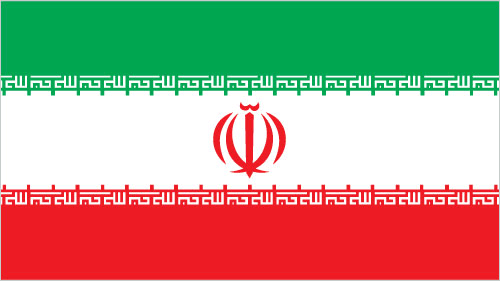
Iran’s Negotiating Team: Who’s Who
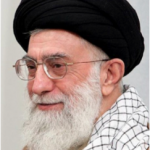 Ayatollah Ali Khamenei, Supreme Leader
Ayatollah Ali Khamenei, Supreme Leader
As Iran’s head of state and commander-in-chief, Khamenei is considered the most powerful political authority in the country. Prior to election as the Supreme Leader, he served as President of Iran from 1981 to 1989. Khamenei issued a legal pronouncement stating that the production, stockpiling and use of nuclear weapons is forbidden under Islamic law, giving President Rouhani and Foreign Minister Zarif permission to negotiate a nuclear deal in an effort to remove all sanctions.
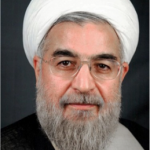 Hassan Rouhani, President
Hassan Rouhani, President
Rouhani served as Iran’s chief nuclear negotiator from 2003 to 2005, agreeing to suspend uranium enrichment and permit more intrusive IAEA inspections. After his election as president in 2013, Rouhani held a historic phone call with President Obama, the highest level of contact between American and Iranian leaders since the Iranian revolution of 1979. President Rouhani has personally expressed commitment to the current P5+1 negotiations.
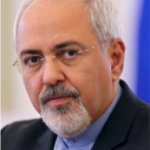 Mohammad Javad Zarif, Minister of Foreign Affairs
Mohammad Javad Zarif, Minister of Foreign Affairs
Zarif was appointed by President Rouhani to serve as Iran’s foreign minister and chief nuclear negotiator. Educated and trained in the United States, Zarif served as Iran’s ambassador to the UN from 2002 to 2007. He became a key player in the development of the “Grand Bargain” in 2003, a proposal to resolve outstanding issues regarding international security with the Bush administration.
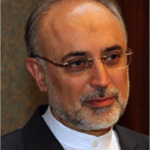 Ali Akbar Salehi, Head of Atomic Energy Organization of Iran
Ali Akbar Salehi, Head of Atomic Energy Organization of Iran
Before his appointment as Head of the Atomic Energy Organization of Iran, Salehi served as the Minister of Foreign Affairs from 2010 to 2013, and Ambassador of Iran to the International Atomic Energy Agency from 1998 to 2003. Fluent in English, Salehi received a PhD in nuclear engineering from MIT in 1977.
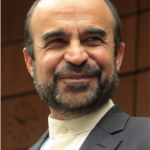 Reza Najafi, Ambassador of Iran to the International Atomic Energy Agency
Reza Najafi, Ambassador of Iran to the International Atomic Energy Agency
A disarmament and non-proliferation expert, Najafi worked with Iran’s foreign ministry prior to being appointed as the Iranian representative to the International Atomic Energy Agency in 2013.
ASP supports the extension of the Iran negotiations, and believes that the best way to resolve the Iranian nuclear crisis is through diplomatic means. Coupled with public diplomacy efforts, this could lead to a normalization of relations over time, bringing some stability to the region.





